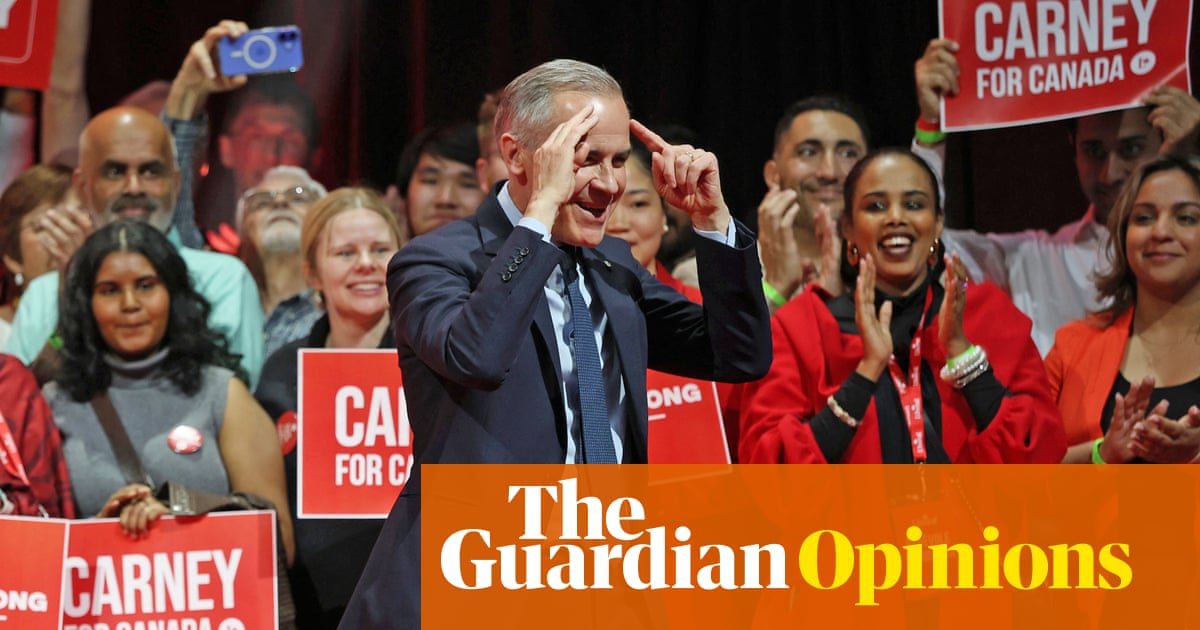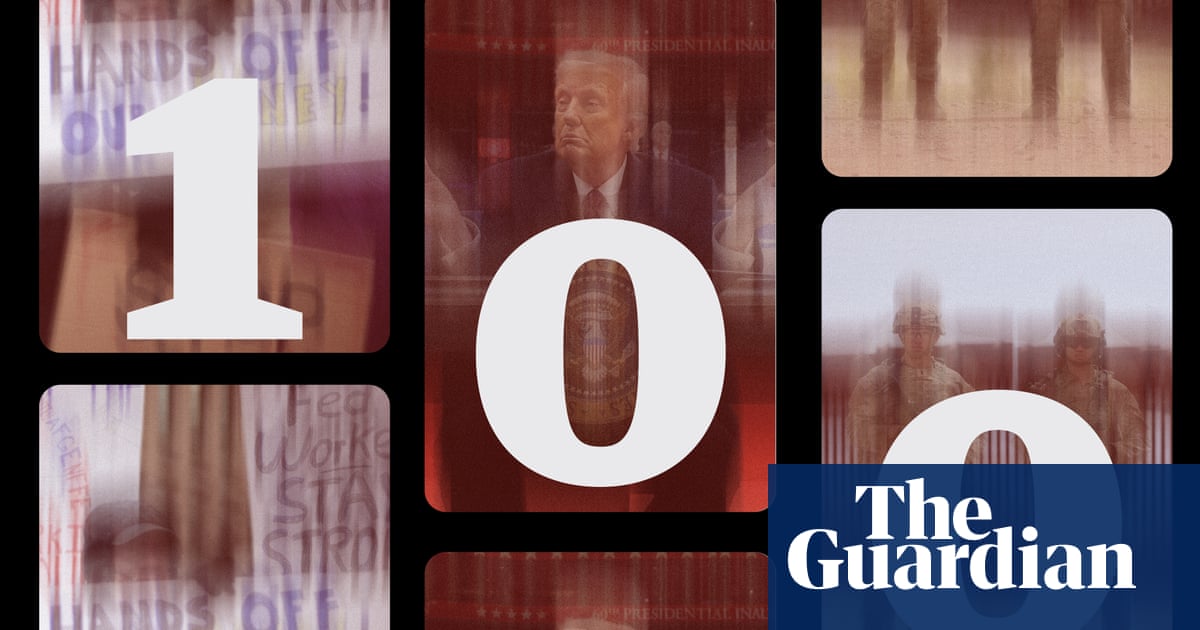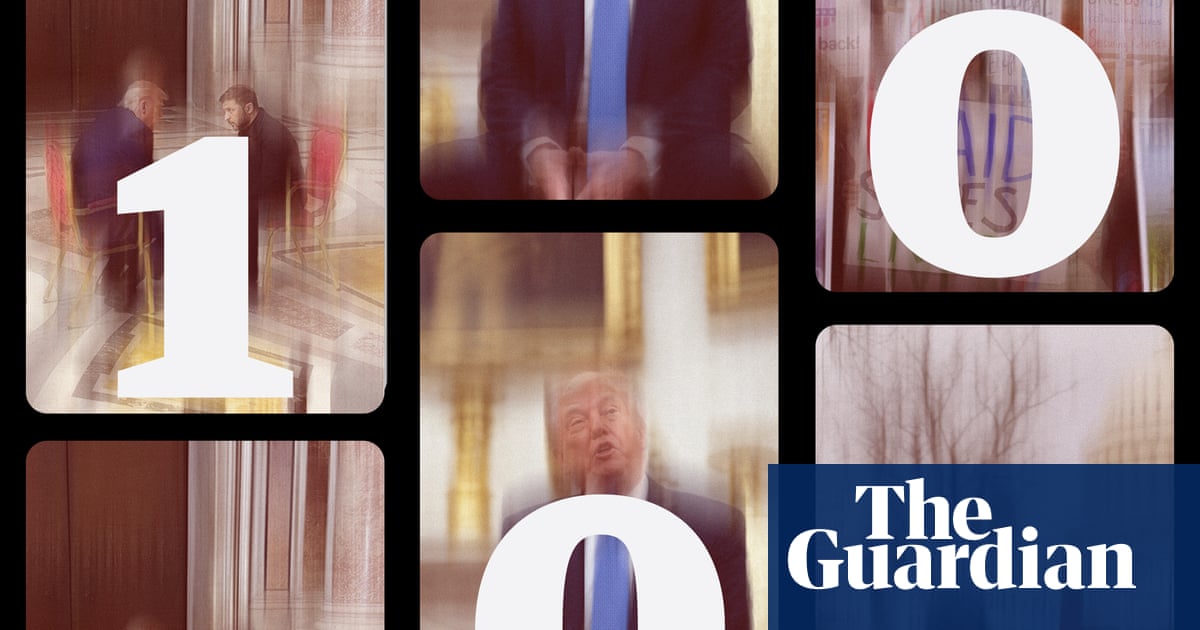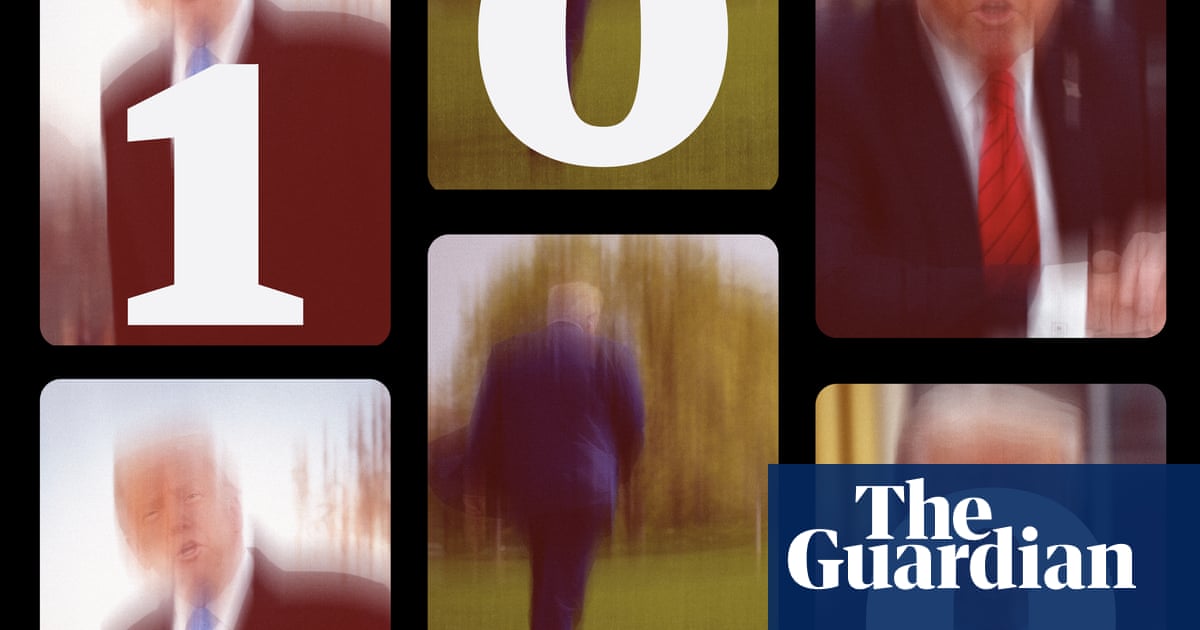Donald Trump has lost his advantage over Kamala Harris on who is best qualified to manage the economy, new polls suggest.
With millions of voters already casting early ballots for the presidency ahead of election day on 5 November, a fresh Associated Press/NORC poll says Harris, the Democratic nominee, has taken a slight lead when it comes to some key economic questions that concern middle-class voters.
The finding consolidates a trend from the the same poll last month, which showed Harris had almost closed a previously large deficit with Trump, the former US president and Republican nominee, on who could best handle economic issues.
The economy consistently tops voters’ priority list.
The latest poll asked more detailed questions than the previous survey, concluding that 46% prefer Harris’s policies on taxes for the middle class, compared to 35% for Trump. The US vice-president also has a slight edge on the cost of housing, while voters are evenly split on which of the pair has the better policies on the prices of groceries and petrol, and creating jobs or addressing unemployment.
The boost to Harris comes even as a majority of voters, 62%, believe the economy is in poor condition, compared with 38% who say the opposite. The outlook is more positive than in October last year, when nearly three in four people said the economy was in poor shape.
The Trump campaign has long sought to make inflation and rising living costs a focal point of its critique of Joe Biden’s presidency. Harris, since replacing Biden as the Democrats’ nominee in July, has launched a counter-offensive that involves putting proposals for an “opportunity economy” at the heart of her campaign message – including a pledge to give first-time buyers $25,000 towards a down payment on a new home.
Republican House speaker Mike Johnson stressed economic themes in a CNN interview on Sunday in which he rebutted suggestions that voters were primarily concerned with Trump’s increasingly erratic campaign rhetoric and actions, including shutting down audience questions at a town hall in order to shuffle aimlessly to music for 39 minutes.
“The big question – and the one that Kamala Harris has not been able to answer – is: are you better off now than under the Trump administration, four years ago?” Johnson said. “No one can answer that question with a yes.”
The Harris campaign has deployed Bill Clinton to sell the vice-president’s economic message, with a particular focus on rural and Black voters. Clinton’s role as an economic messenger is partly a produced of his successful 1992 presidential campaign, which was distinctive in largely because of its focus on economic issues, as summarised by the famous phrase “It’s the economy, stupid,” coined by its chief strategist James Carville.
At a rally last Friday in Wilmington in North Carolina – a key battleground state where the two candidates are neck and neck – the former Democratic president said Harris’s economic proposals would ease circumstances for the majority. “She wants to help the middle class and working people with lower incomes work their way into the middle class,” Clinton said.
Clinton has also offered a nuanced view of the state of the contemporary economy, acknowledging inflation under the Biden administration but explaining why it occurred. At the Democratic national convention in August, he said the US had created 51m jobs since the end of the cold war, and that 50m of them had come under Democratic administrations.
“I swear I checked this three times. Even I couldn’t believe it,” he said. “What’s the score? Democrats 50, Republicans one.”

 9 months ago
9 months ago
 (200 x 200 px).png)








 English (US) ·
English (US) ·